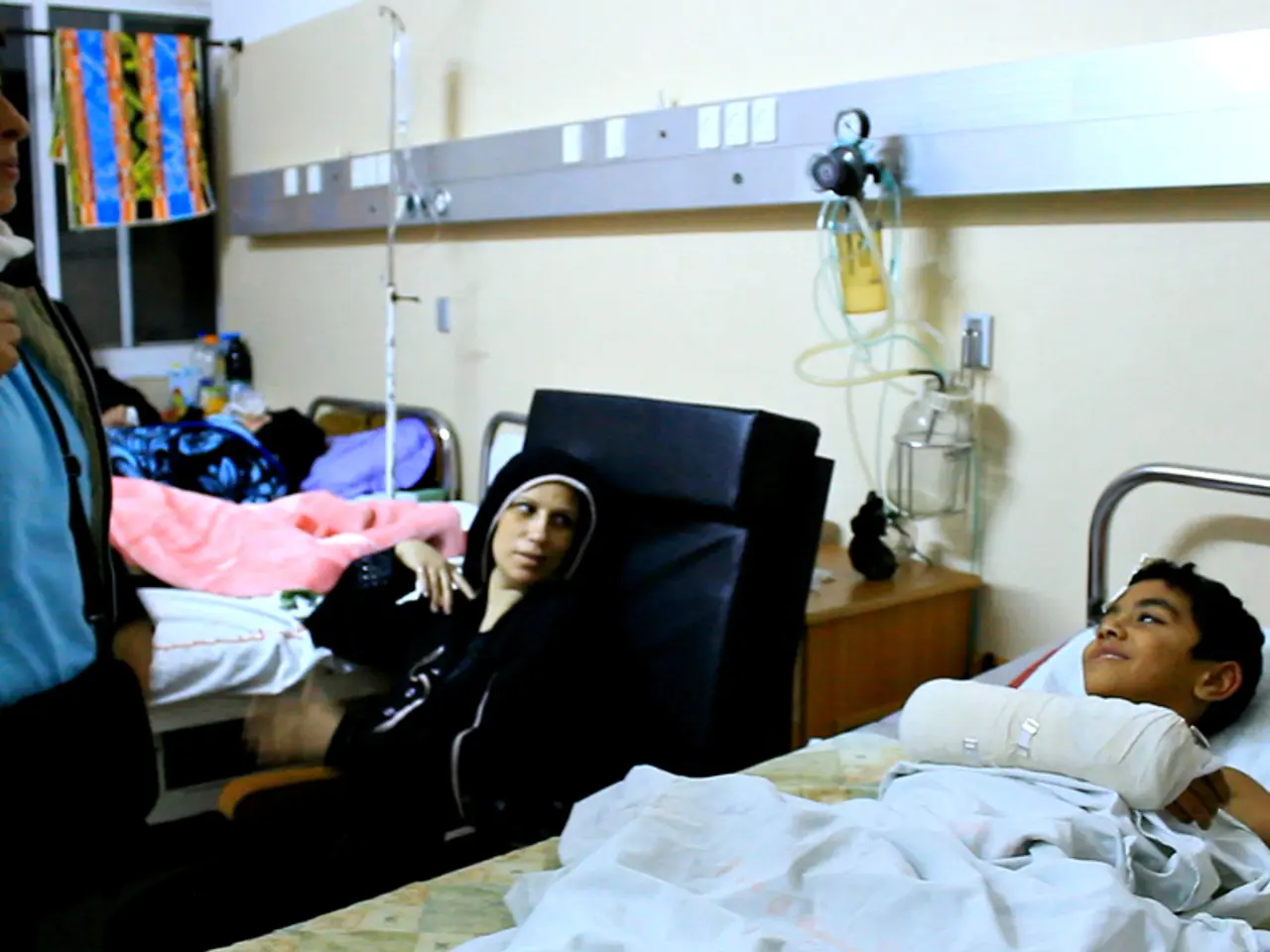Intensive Care Unit (ICU) Clinic Weiden to implement modifications in its critical care practices
As the Quality Improvement in Hospitals (DAAAZ) reform progresses in Weiden, Oberpfalz, local healthcare providers and staff are grappling with its implications. The reform, part of broader federal initiatives to enhance hospital quality across Germany, is currently in the implementation stage.
Current Scenario
The reform is actively being implemented, with hospital management and staff in Weiden adjusting operational procedures to meet new quality benchmarks mandated by health authorities. The reform is backed by increased regulatory oversight and financial incentives for hospitals demonstrating measurable improvements in quality indicators.
Key Concerns
- Staffing Levels: The reform's stricter staffing ratio and qualification requirements have raised concerns about recruitment and retention of healthcare workers. Hospital staff fear that current personnel numbers may be insufficient to meet the new standards, potentially leading to increased workload and burnout.
- Patient Care: While the reform aims to enhance patient safety and outcomes, there is worry that short-term adjustments could disrupt care routines, leading to delays or changes in care delivery.
- Financial and Resource Constraints: Smaller hospitals like those in Weiden face challenges securing adequate funding to upgrade infrastructure and training necessary for compliance. Concerns have been raised about whether the resources allocated match the expected quality goals, potentially impacting long-term sustainability.
- Transparency and Reporting: The increased emphasis on data collection and public reporting is generally seen positively for accountability, but adds administrative burdens that might detract from direct patient care.
Impact on Staffing and Patient Care
The reform requires hospitals to maintain higher staff qualifications and better nurse-to-patient ratios, which could potentially improve care quality but increase pressure on recruitment in rural areas like Weiden. Hospitals are exploring incentives and training programs to attract qualified personnel.
In the medium to long term, these measures are expected to enhance patient experiences and safety. However, during the transition phase, patients might notice some disruptions or changes as processes are updated.
Ongoing Debate
The Association of Hospital Managers (DYZ), led by Alexander Laux, has expressed concerns about the reform's implementation without sufficient staffing. The staff union remains critical of the clinic's ability to maintain quality with current staffing levels, expressing apprehension about the consequences for patients during the reform.
Despite these concerns, Dr. Thomas Müller, the clinic director, is committed to maintaining the quality of care at the clinic despite changes. The reform is scheduled to be implemented by 2024. The success of the reform locally will depend on how well hospitals balance these demands while maintaining patient-centered care.
Other healthcare providers and staff in Weiden are also grappling with the impact of the reform on their medical-conditions, particularly focusing on the nursing staff qualifications and patient care. The reform's stricter staffing ratio and qualification requirements might lead to a shortage of healthcare workers, which could exacerbate health-and-wellness issues due to increased workload and burnout amongst the existing staff.




